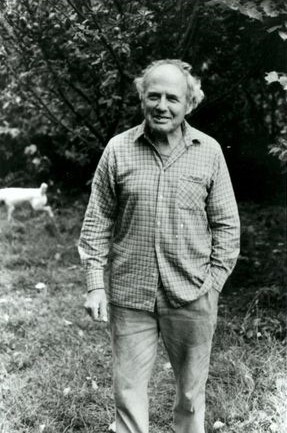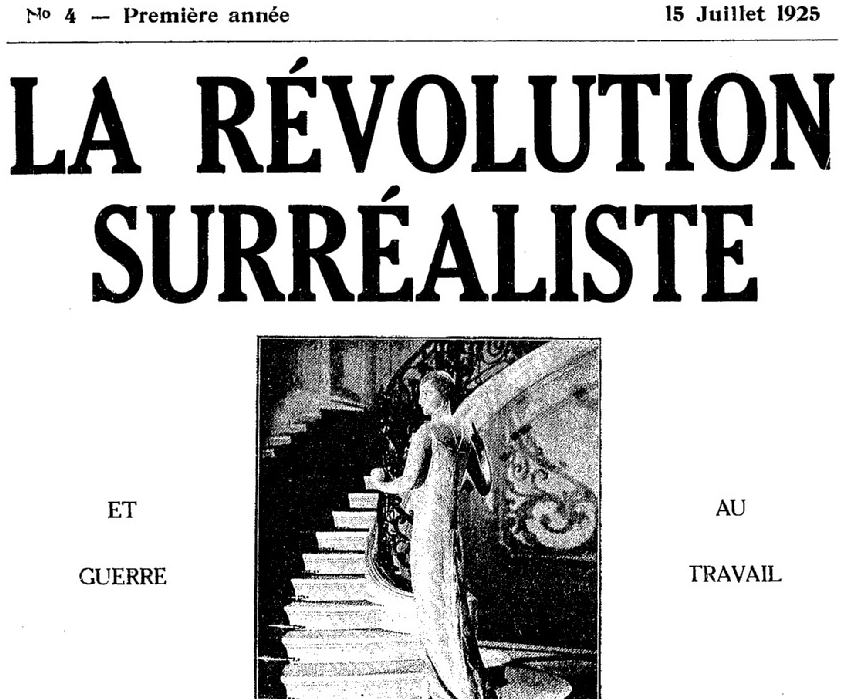
From ‘Freedom: The Anarchist Weekly’, June 23, 1962, London, UK. A shorter version of the article later appeared as a chapter in the 1983 book, ‘Why Work: Arguments for the Leisure Society’, edited by Vernon Richards
According to a report published by the Twentieth Century Fund with the title “Of Time, Work and Leisure”, and written by Dr. Sebastion de Grazia, Professor of Political Science at Rutgers University, the idea that Americans, because of the use of machines and other labour-saving devices, have much more free time than they had a century ago, is largely mythical. It is commonly supposed that since 1850 the American working week has fallen from about 70 hours to 39, which should mean that there has been a gain of 31 hours a week in free time. In fact, says the professor this is “largely myth”. Unfortunately we have not yet seen the report and rely on the following summary published in The Times (June 18):
He points out that in the statistics used to estimate the average work week part-time workers are included. If figures of only full-time workers are used the work week becomes about 46 or 47 hours, which subtracts about six hours from the free time supposed to have been gained.
In addition it now takes an average of 8 and half hours a week for people to get to and from work, and at least one hour a week is occupied by “moonlighting”, or the taking of a secondary job.
A further five hours a week is taken up by repairs, painting and other work in and around the house, and shopping, helping with the washing up or putting things in and out of the dishwasher and other household chores are found to take up another two hours of a man’s time each week.
“If added up”. Dr. de Grazia says, “all the elements that did not exist in the pattern of 1850 but do exist today (the machine pace of working, migration, the journey to work, moonlighting, women working) — all factors that take away from time off the job and yet are related to the job — the difference between 1850 and 1960 comes down to a few hours”.
There is no doubting the fact that the American could have more time if he wanted it. He has what is called a large discretionary spending power, earning about $1,100 (about £393) a year more than he needs to spend on the necessities of life, so that he could if he wished make the choice for more time.
Dr. de Grazia notes that it takes a Russian much longer than an American to earn a loaf of bread, but the American does not take a shorted working week because of it. The reason why he does not, is that he has been trained to consume and “consumption eats money, money costs work, work loses time”. Dazzled by the jugglers, Dr. de Grazia says, the individual sells his time for shiny objects and while the cycle continues to spin, to hope for leisure is useless.
Examining how Americans occupy what leisure they have, he draws statistics based on the amount spent on recreation and allied goods and services. From these he discovers that one-quarter of such expenditure went on radio and television, about the same on toys and sports equipment, less than one-tenth on reading, 8 per cent on the cinema, 6 percent on gardening, 5 per cent on billiards, bowling, dancing, etc. in commercial places. 5 per cent on clubs. 2 per cent on the theatre and opera, and less than 2 per cent on attending baseball and football games, horseraces, and other spectator sports.
Contrasting the American ideas of passing free time with the ideal of leisure, Dr. de Grazia says sorrowfully that “such an ideal no longer exists in the United States.” He believes that the commercial spirit in business and in government, has no interest in it unless there is spending attached to it. “Instead an ideal of free time, or of the good life, has taken the field. The good life consists in the people’s enjoyment of whatever industry produces, advertisers sell and Government orders”.
Is the pattern so different in this country or in any of the “affluent” nations?
Not having read Dr. Grazia’s report we do not know what conclusions he arrives at, apart from the statistical ones quoted in the Times summary. But most readers will not need us to point out that Dr. Grazia’s report is a confirmation of the anarchist case: viz, that production should be determined by needs, as well as the views we have on a number of occasions expressed in these columns that in the technological age we live in, so long as we are obsessed by the capitalist (and 19th century puritanical socialist) slogan that “he who does not work neither shall he eat” we will be concerned with problems of full-employment instead of demanding that automation and other mechanical substitutes for hand labour should be the means for reducing working hours and increasing leisure. In an editorial on “More Parasites than Workers?” we quoted the following by a writer in the American journal New Leader which seems to sum up Dr. Grazia’s
report in a sentence:
As long as we persist in confusing virtue with a full day’s work for a full day’s pay, and until some better method than “people’s capitalism” comes along as a means to distribute the power to consume, the corporate civil servant, and Parkinson’s Law, are all we have.
According to Dr. Grazia the average American today from the economic point of view has a choice between more luxuries and more leisure. The fact that he chooses the luxuries, “the good life” rather than the leisure, not only reminds one of the tremendous forces of mass communications against which we have to combat but also of the importance (in spite of its failure so far) of education in developing an insatiable curiosity in the young.
We have said this many times, but Dr. Grazia’s report is a reason for saying it again; people will understand and accept the anarchist argument when they feel that the day is too short for all the things they want to do. For only then will they resent every hour they spend “earning a living” doing a socially useless job which has only meaning for their boss; only then will they give their meaning to life, to freedom, to individuality, instead of mouthing meaningless slogans, and will feel that these values are worth fighting for.
Anarchism is not the struggle for better wages, more gadgets and full-employment. It is the struggle to win the freedom to dispose of one’s own time. Time is not money; time is life. When more people can be persuaded to think along these lines we will have taken a real step forward on the road to anarchy!
Politicians, Scientists and Technologists
A quote from Vernon Richards’ introduction to his 1983 book, ‘Why Work…’
“For many years I have been of the opinion that the greatest threat to mankind comes not from the politicians but from the scientists and technologists aided and abetted by the media and high finance. Politicians are not very intelligent, they are unprincipled and vanity is their undoing. Whereas scientists and technologists are people possessed by their one consuming passion.”
Also by or about Vernon Richards:
Terrorism In Palestine: “Democracy” at Work, by Vernon Richards (1937)
Palestine: Idealists and Capitalists, by Vernon Richards (1938)
Vernon Richards texts at the Anarchist Library
Also on the Critique of Work:
“The ‘dignity of labor’ sings the politician and the grafter; the sky-pilot and the labor fakir. Organize in the I.W.W., make them do some labor, and give them a chance to be dignified. Don’t hog all the dignity — play ‘fair!'”
Industrial Worker, Apr.22, 1909, Spokane
The Right To Be Lazy, by Paul Lafargue (1883)
Useful Work versus Useless Toil, by William Morris (1884)
“Timid” Capital, by Lizzie M. Swank (1886)
The Conquest of Bread, by Peter Kropotkin (1892)
Useful and Useless Labor, by Lucy E. Parsons (1905)
Developments at Spokane, by J.H. Walsh (1908)
To Arms Ye Braves! An Appeal from the I.W.W. Brigade in Mexico, from Industrial Worker (1911)
The Spirit of Revolt, from Industrial Worker (1913)
The Haymarket Martyrs, by Lucy E. Parsons (1926)
In Praise of Idleness, by Bertrand Russell (1932)
The Tyranny of the Clock, by George Woodcock (1944)
“Never Work”, by Guy Debord (1963)
Basic Banality number 19, by Raoul Vaneigem (1963)
The Decline and Fall of Work, by Raoul Vaneigem (1967)
The Reproduction of Daily Life, Fredy Perlman (1969)
Armed Joy, by Alfredo M. Bonanno (1977)
From Riot to Insurrection, by Alfredo M. Bonanno (1988)
Let’s Destroy Work, by Alfredo M. Bonanno (1994)
To Work or Not to Work ? Is that the Question?, by Troploin (2002)
A Few Clarifications on Anti-Work, by Bruno Astarian (2017)
communism as the abolition of work, by ediciones inéditas (2023)

and war to work